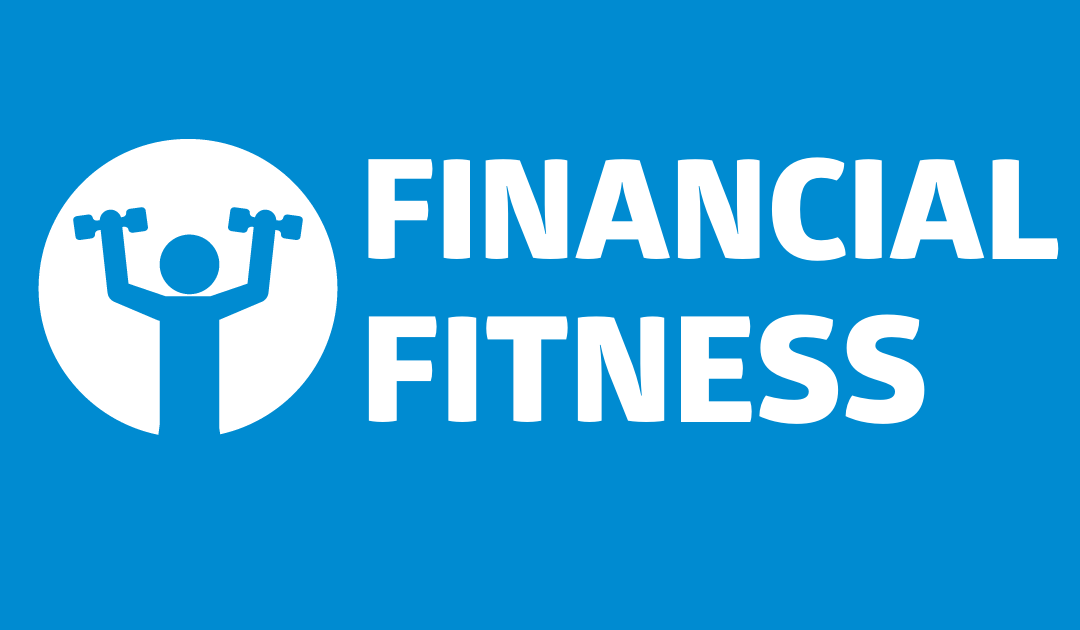By Charlestien Harris
The pandemic has caused major issues to happen especially with people’s financial well-being. Housing is a significant part of most family budgets. Right now, many people are struggling to keep food on the table and a roof over their heads. Job loss, the reduction of work hours or being laid off has caused millions of Americans to fall behind in paying their rent.
With the threat of eviction looming, some families are struggling to find financial assistance to help them remain in their homes. The following information from the U. S. Department of the Treasury and the Consumer Financial Protection Bureau details where funding is being provided, whom it’s for and how to apply.
The Emergency Rental Assistance program makes funding available to assist households that are unable to pay rent or utilities. Two separate programs have been established. ERA1 provides up to $25 billion under the Consolidated Appropriations Act, 2021, which was enacted on December 27, 2020. ERA2 provides up to $21.55 billion under the American Rescue Plan Act of 2021, which was enacted on March 11, 2021.
The funds are provided directly to states, U.S. territories, local governments, and (in the case of ERA1) Indian tribes or Tribally Designated Housing Entities, as applicable, and the Department of Hawaiian Home Lands. Grantees use the funds to provide assistance to eligible households through existing or newly created rental assistance programs.
If you’re a renter having trouble paying your rent, utilities, or other housing costs – or if you’re a landlord trying to stay afloat with tenants in this situation – help may be available through the programs mentioned above. If you’re a landlord, you may think of rental assistance as help for renters only, but right now, most federal emergency rental assistance programs accept applications from landlords as well.
One of the main questions I get is how do I apply for emergency rental assistance? You can apply through your local emergency rental assistance (ERA) program. State and local programs are taking applications from renters and landlords to distribute money from the U.S. Department of Treasury’s ERA program in their own communities. Each local program has some flexibility in how they set up policies and procedures to suit the needs of their local community. Some agencies might require documentation or have an application process.
The next question is usually how can I find a local emergency rental assistance program in my area? The link below will help you locate these resources.
If you cannot find any program in your area, call 2-1-1, your local housing authority or a HUD-approved housing counseling agency for assistance. Southern Bancorp Community Partners is a HUD-approved housing counseling agency and can be reached by contacting your local Southern Bancorp branch or visiting www.southernpartners.org/housing-counseling/. We can assist you with completing the application process. The website has factual information and links to direct you to assistance available in your local area.
Another question that is often asked is what does emergency rental assistance cover? The federal ERA Program allows local programs to cover rent, utilities, and home energy costs. This includes electricity, gas, fuel oil, water and sewer, and trash removal. If your landlord normally pays for utilities or home energy costs, these are counted as part of your rent.
Rental assistance may also cover items such as reasonable late fees (if not included in your rental or utility debt), internet service to your home, moving expenses and other rental-related fees (such as security deposits, application fees, or screening fees) for families who had to move during the pandemic due to job loss or reduction of hours or other extenuating circumstances.
The final question I get about the ERA programs is how much assistance can I receive? The federal ERA Program allows local programs to receive up to 18 months of help with rent, including overdue rent, back to March 13, 2020, if the money is available. If you have overdue rent, the money must go toward rent that you owe, first. Local programs may be able to help with future rent.
In addition, you may get help with your future rent payments, up to 3 months at a time. BUT, this depends on your local program. The best advice I can give you is to ask your local program about the total amount of help available to you. If you have any additional questions you can contact me at 662-624-5776 or email me at Charlestien.harris@southernpartners.org. Until next week, stay financially fit!

